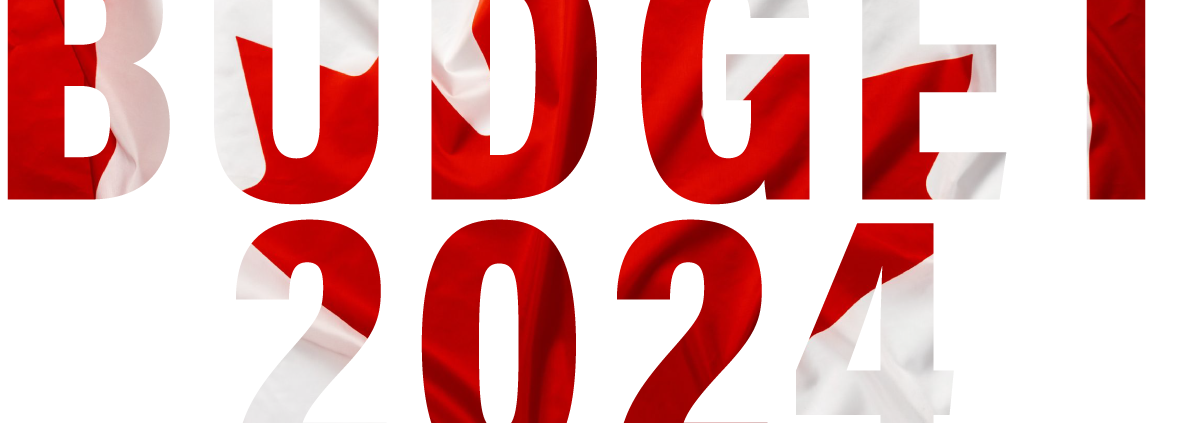Author: Chris Wiens, MBA, CFP® – Certified Financial Planner®
Benjamin Franklin supposedly once said, “If you fail to plan, you are planning to fail.”
These are ominous words for many non-retired Canadians, who despite having the goal of saving a nest egg large enough to fund their retirement, do not yet have a plan to help themselves reach this goal. In fact, a recent poll (2019 RBC Financial Independence in Retirement Poll) indicated that 48 percent of non-retired Canadians do not have a financial plan.
The same poll revealed that one in three of those who indicated they did have a financial plan, admitted the plan was just “in their head”. Still others have a ‘plan’ consisting of nothing more than a portfolio proposal from a mutual fund salesperson, or a discount brokerage account with a few speculative stock picks.
What should a financial plan look like? What should it include?
FP Canada – formerly called the Financial Planning Standards Council – confers the Certified Financial Planner® designation (CFP®) in Canada, the highest standard of knowledge, skills, abilities and ethics in professional financial planning. According to FP Canada, a financial plan should include:
- Investment Planning
- Insurance and Risk Management
- Financial Management
- Retirement Planning
- Tax Planning
- Estate Planning and legal aspects
Investments and insurance are the two most commonly addressed aspects for consumers – unfortunately, this is where the planning starts and ends for many Canadians who indicate they have a plan. Most Canadians know they should be saving for retirement, be it via an RRSP, TFSA or an employer-sponsored retirement savings plan. And many are insured against some of the risks of financial loss due to death or health issues. However, most people don’t realize their insurance coverage should be reviewed regularly (just like their investment portfolio) to ensure it still adequately and economically covers their need, and complements their overall financial goals.
Financial management and retirement planning are two commonly misunderstood elements of a financial plan; while tax and estate planning are two frequently overlooked components. Although less prominent than investments and insurance, they can be, in many cases, more significant.
Financial management (identifying your current net worth and regular cash flow) and retirement planning (projecting long-term financial independence through life expectancy) ought to help individuals and families determine how much they should be saving, how much they should be spending, and how they can be optimizing their financial affairs. A ‘good’ retirement plan should ‘stress test’ the projections against variables such as: lower/higher investment returns, increased/decreased saving, increased/decreased spending, earlier/later retirement dates.
Ultimately, this process helps the client answer, with increasing confidence, “Are we OK?” and “How much do we need to save to retire?”
Often overlooked, tax planning can be very impactful on your short-term and long-term financial affairs. Proactive tax planning (not just retroactive when a tax return is prepared in April for the prior year) to minimize tax in the short-term, through retirement, and at death, is a strategic element of a financial plan.
Estate planning is a part of the planning process often overlooked, or continually deferred. A 2018 poll (Angus Reid Institute) found that 51% of Canadians have no will, and only 35% have a will that is up to date. Other things to consider in the estate planning process might be: beneficiary designations, joint asset ownership, tax liabilities, survivor benefits, or use of trusts where appropriate.
Most Canadians’ financial affairs are constantly changing and evolving. Life happens. Having a financial plan that is regularly reviewed and updated is vital to successfully navigating these changes, so that your financial and life goals can be achieved.
The plan should not only address your investments and insurance; it should also include financial management and retirement, tax, and estate planning. It is a process, not a one-time event or product. It should be your road map to, and through, retirement. And it should not exist solely in your head!
Connect Wealth is an independent financial planning firm that offers holistic advice to clients based on their current goals and future aspirations. We use well-established workflows and cutting edge technology to maximize planning efficiencies while simplifying the process for clients. Learn how you can maximize your financial opportunities at connectwealthp.wpengine.com






